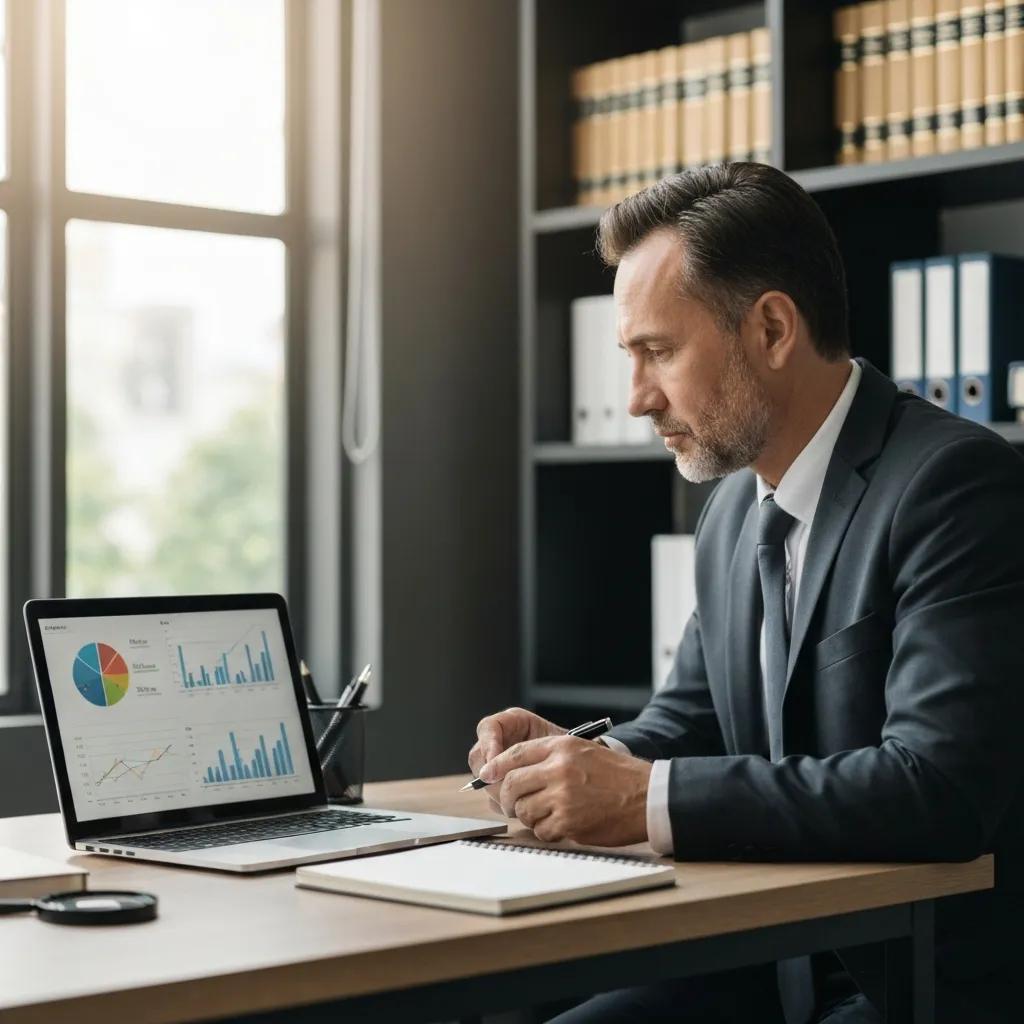Suspecting a partner of infidelity can be emotionally devastating, and uncovering the truth requires discretion, expertise, and irrefutable evidence. Professional private investigators use a combination of surveillance, digital forensics, and strategic techniques to gather proof of cheating while maintaining confidentiality. In this guide, we’ll explore the methods investigators employ in infidelity investigations—from tracking financial records to monitoring social media activity—so you can make informed decisions with clarity and confidence. Whether confronting a partner or seeking peace of mind, understanding the process ensures you’re equipped with facts, not just suspicions.
Infidelity Investigations: What Private Investigators Look For
What Are the Common Signs of Infidelity to Watch For?

Spotting potential cheating often begins with observing shifts in your partner’s day-to-day behaviors. A spouse who once followed a predictable work schedule may suddenly leave earlier or return home later without clear explanation. Communication patterns can change too—conversations grow shorter, responses become distracted, and questions about whereabouts are met with irritation. Unexplained absences, vague excuses, or a new habit of closing screens when you enter the room can all point toward hidden activities. While none of these signs alone proves unfaithfulness, a cluster of them over weeks or months warrants closer attention.
How Do Behavioral Changes Indicate a Cheating Spouse?
Behavioral shifts often reflect attempts to conceal outside connections. A partner may start guarding their phone or computer with a new password, delete messages more frequently, or switch to private browsing modes. You might notice them taking extra care with their appearance—buying new clothes, changing hairstyles, or wearing cologne for no apparent reason. They may also grow defensive when you ask simple questions about their day or become unusually secretive about social plans. Increased irritability or sudden mood swings around specific times of day can further suggest that something is being hidden.
What Are the Most Frequent Types of Infidelity?
Infidelity takes many forms, and each one has its own warning signs. Physical infidelity involves in-person encounters beyond the relationship and often shows up as changed routines or unexplained physical evidence—like unfamiliar scents or receipts for exotic restaurants. Emotional infidelity centers on developing a deep bond with someone else, and may display itself in extended private conversations, frequent texting, or the creation of inside jokes you’re not part of. Digital infidelity covers online liaisons—sexting, video chats, or private social media accounts—and tends to involve secretive use of apps or devices. Financial infidelity shows up in hidden expenditures, such as unexplained withdrawals, gifts you don’t recall buying, or new subscriptions for services you’ve never used together.
How Does Infidelity Impact Relationships and Legal Proceedings?
Beyond personal hurt and broken trust, infidelity can have serious legal ramifications in divorce and custody disputes. Evidence of an affair may affect alimony awards, division of assets, and even the outcome of child-custody battles, since courts may consider marital misconduct when determining parental fitness.
For evidence to hold up in court, it must be gathered legally and transparently. That means maintaining a clear chain of custody for any photographs, screenshots, or recordings, and ensuring that they were obtained without trespassing on privacy laws. In addition to strengthening a legal position, well-documented proof can also guide difficult conversations and inform decisions about whether reconciliation is possible or separation is necessary.
How Do Private Investigators Conduct Surveillance in Infidelity Investigations?
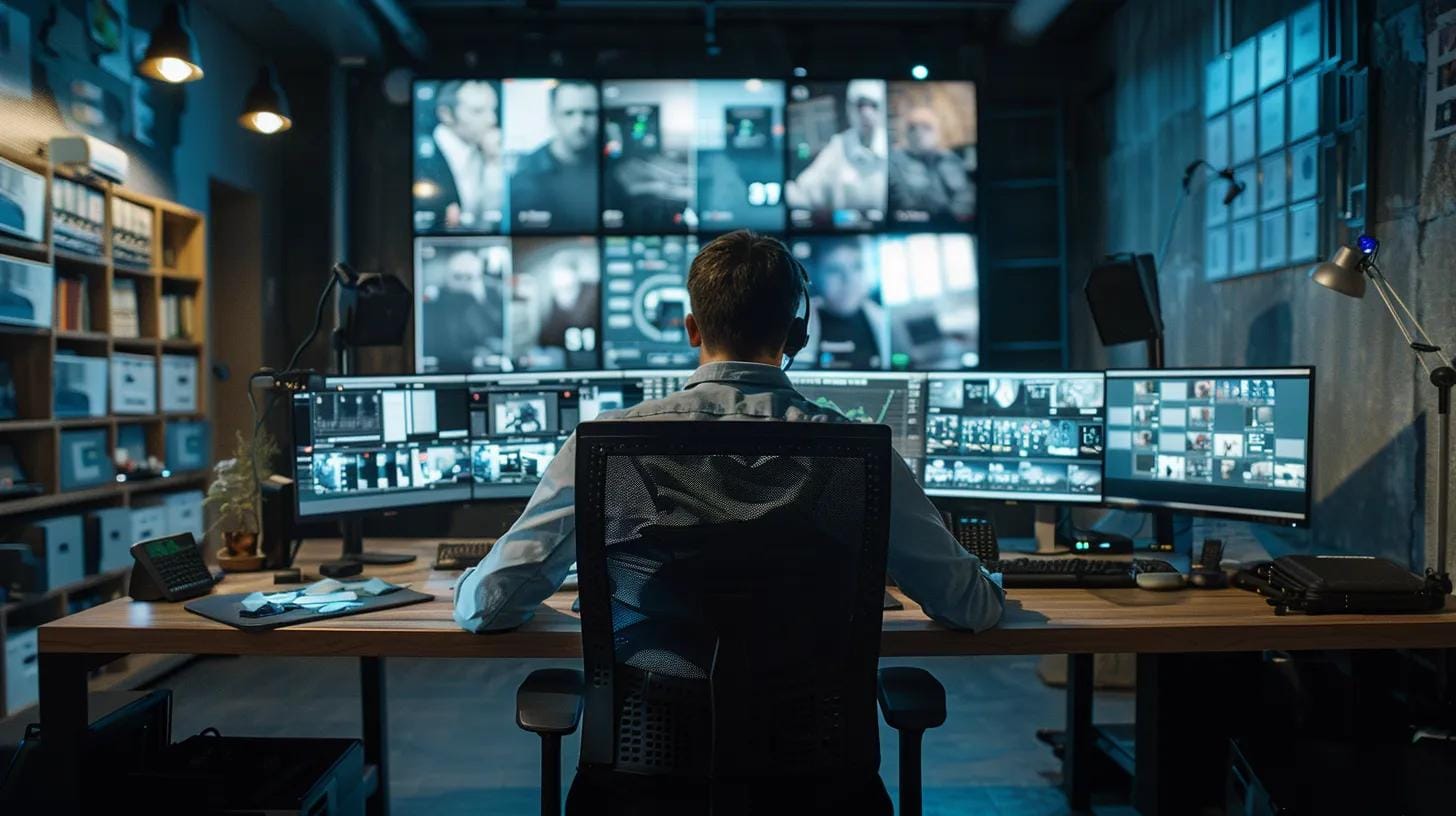
Investigators use a blend of traditional and modern surveillance techniques to gather proof of cheating. Depending on case complexity, methods range from physical observation to digital monitoring. With technology advancements, digital evidence is now often integrated with conventional surveillance to strengthen cases while ensuring evidence remains admissible in court.
Overview of Infidelity Surveillance Methods
Private investigators blend time-tested tactics with modern tools to document unfaithful behavior. The process begins with a case assessment to determine which methods are most fitting—some situations call for discreet in-person observation, while others require digital tracking. By layering approaches, investigators build a robust body of evidence that can withstand legal scrutiny. Every step is planned carefully to avoid alerting the subject and to maintain the integrity of the findings.
Physical Observation and Covert Photography
On-the-ground surveillance remains a cornerstone of infidelity investigations. Investigators often conduct stakeouts at locations the spouse frequents, observing and noting times, interactions, and travel patterns. Covert cameras—whether handheld or mounted temporarily—capture images and video of meetings or rendezvous. Vehicle tracking through approved GPS devices helps confirm routines documented during surveillance. Detailed logs record each sighting with date, time, and context, ensuring the evidence is thorough and reliable.
Digital Monitoring and Forensic Analysis
Advances in technology have expanded the investigator’s toolkit. With proper authorization, call-detail records reveal communication patterns and frequency, while internet-use analysis shows which apps or websites may be hiding illicit exchanges. Data-extraction tools can recover deleted messages and files from mobile devices or computers without altering timestamps. By correlating digital logs with physical surveillance, investigators create a comprehensive timeline of a spouse’s activities, reinforcing the case with both electronic and visual proof.
Legal and Ethical Boundaries
Surveillance and infidelity investigations must comply with federal and state privacy laws to ensure evidence remains admissible. Investigators verify local regulations before deploying GPS trackers or recording devices—some jurisdictions require the consent of at least one party or a court order. Maintaining a clear chain of custody for all recordings and logs is essential. Investigators document every step, from equipment setup to data collection, in order to defend the authenticity of their work if challenged in court. Respecting these legal standards protects both the investigation’s outcome and the rights of everyone involved.
What Types of Evidence Are Needed to Prove Infidelity?
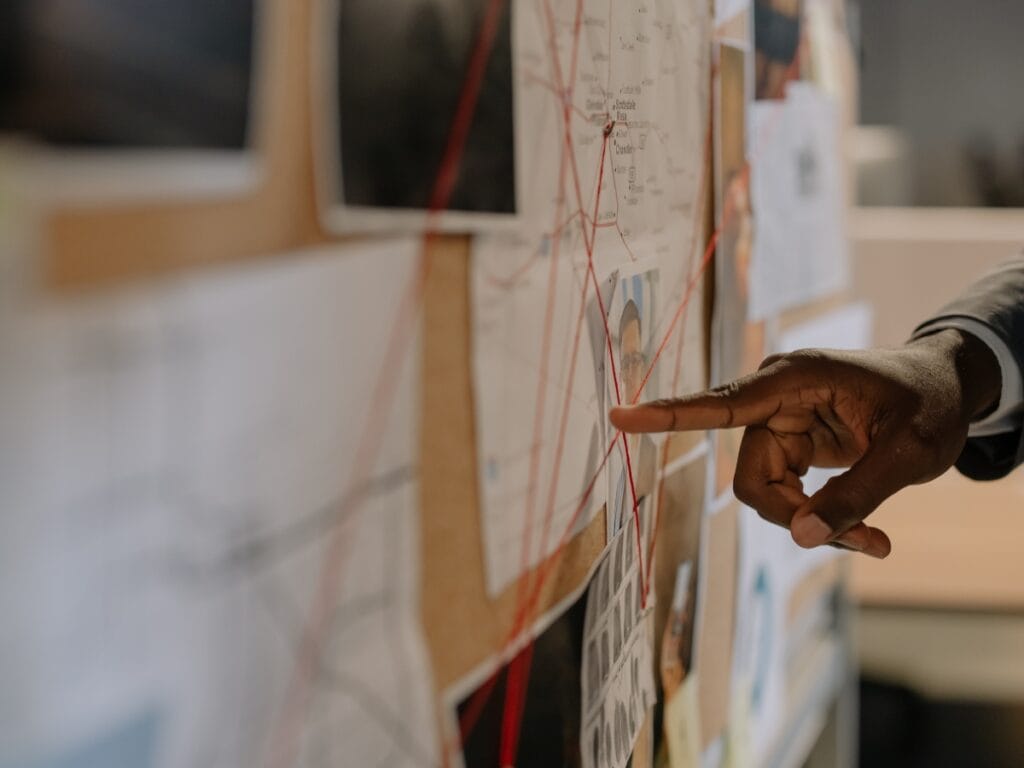
Solid evidence is the cornerstone of infidelity investigations. Private investigators collect photographs, video recordings, digital communications, and witness testimonies to build a robust case. The combination and volume of evidence depend on the nature of the suspected infidelity and must meet legal standards to affect divorce, child custody, or alimony decisions.
Gathering and Authenticating Photographic and Video Proof
High-resolution cameras capture meetings and movements without alerting the subject. Each image or clip is logged with date, time and location details to prevent challenges to its validity. When possible, multiple angles and devices are used to confirm that footage is genuine. Cross-checking these visuals against travel records, credit-card receipts or witness observations creates a reliable timeline that withstands courtroom scrutiny.
Leveraging Digital Forensics for Online Evidence
Digital forensics recover deleted texts, emails and social-media chats that might otherwise be lost. Specialized tools extract metadata—such as timestamps and IP addresses—to verify when and where messages were sent. Investigators also analyze call logs and app usage to reveal hidden conversations. By integrating these findings with physical surveillance, they close any gaps in the narrative and provide a complete view of the spouse’s activities.
Using Financial and Background Investigations to Corroborate Claims
Unexplained expenses or secret accounts can point to hidden relationships. Investigators review bank statements, credit reports, and property records to spot irregular transactions or co-owned assets. Background checks on persons of interest—such as a suspected partner—reveal prior aliases, locations, or legal issues that may be relevant. Financial patterns often strengthen other evidence by showing how resources were diverted or shared.
How Is Evidence From Infidelity Investigations Used in Legal Proceedings?
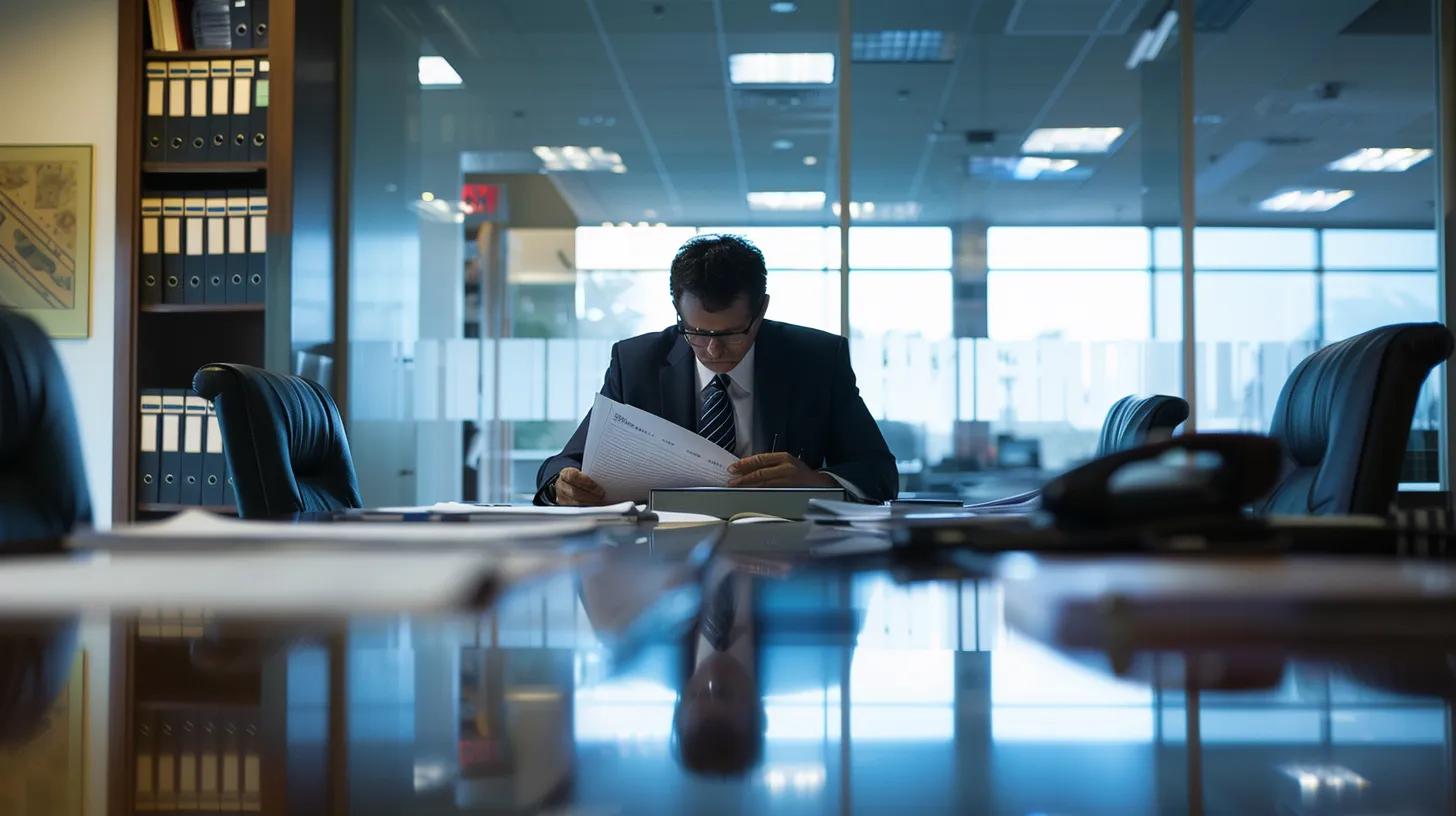
In family law disputes, evidence from infidelity investigations is introduced through detailed reports, sworn testimony, and properly logged materials. Investigators explain how, when, and where each piece of evidence was obtained, answering questions about surveillance methods and data handling. Courts expect clear documentation that ties evidence to specific dates and locations, which helps judges and juries understand the context of the alleged misconduct. Proper presentation ensures that images, message,s or financial records are viewed as reliable facts rather than hearsay.
What Ensures Evidence Is Admissible in Divorce and Custody Hearings?
Admissible evidence must respect privacy laws and follow strict handling procedures. Investigators avoid tactics such as unauthorized wiretaps or trespassing. Instead, they rely on open-source intelligence, lawful surveillance and consent-based measures. Every item—whether a digital file or a physical photograph—is time-stamped and stored in a secure chain of custody. This paper trail shows exactly who collected the evidence, when it was stored and how it was preserved, eliminating doubts about tampering or improper collection.
In What Ways Can Infidelity Evidence Influence Settlements?
Concrete proof of an affair can shift the balance in property division and spousal support negotiations. A judge may award a larger share of marital assets or set higher alimony if one spouse’s conduct is deemed a breach of fiduciary duty. In child custody disputes, evidence that a parent engaged in dangerous or deceitful behavior may weigh against them when determining visitation or primary custody. Even if it does not change the final order, the threat of such evidence often motivates parties to reach more favorable settlement terms.
Can Private Investigator Reports Be Trusted in Court?
The credibility of private investigator reports hinges on the transparency and rigor of their methods. A comprehensive report includes evidence, context, methodology, and a timeline to establish clear connections to the alleged infidelity. Trust in these reports is further bolstered by the investigator’s adherence to legal standards and best practices.
How Much Do Infidelity Investigations Cost and What Factors Affect Pricing?
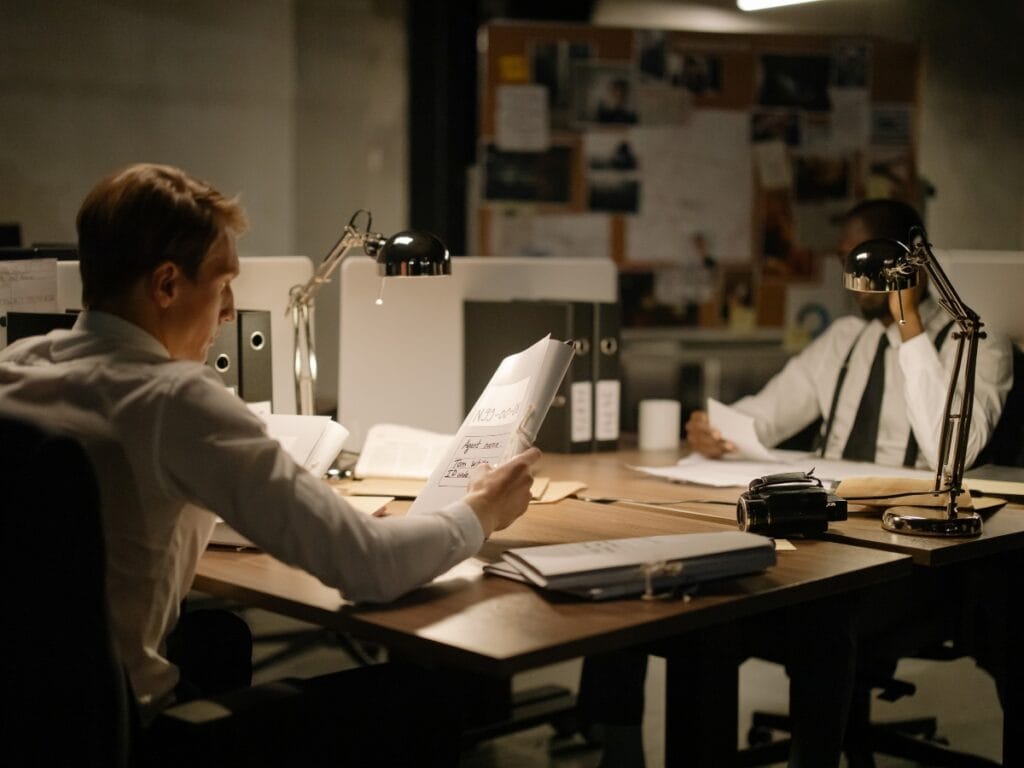
Costs for infidelity investigations vary widely, depending on case complexity, duration of surveillance, and additional services like digital forensics or background checks. Factors influencing price include geographic location, investigation intensity, and any special requirements. Customized plans addressing unique circumstances may incur higher fees, but transparent pricing helps clients understand the scope of services.
What Are Typical Price Ranges for Surveillance and Digital Forensics?
Surveillance services generally cost between $75 and $150 per hour, with additional fees for digital forensics and background checks ranging from $500 to $2000 based on complexity. These costs reflect labor, advanced equipment, secure data storage, and legal compliance, so clients should always request an itemized cost breakdown.
How Do Customized Investigation Plans Influence Overall Cost?
Customized plans are tailored to the specific needs of each case. Investigations requiring extensive digital monitoring might involve extra IT forensics, specialized software fees, and expert testimony. Similarly, prolonged surveillance with advanced equipment—such as drones or covert GPS tracking—can raise the total cost. Each plan takes into account factors like investigation duration, geographic challenges, number of targets, and any potential legal fees.
What Should Clients Consider When Choosing a Private Investigator?
Clients should verify that the investigator or agency holds appropriate licenses and certifications. Researching past cases and reading client reviews can provide insight into the firm’s track record. A thorough consultation to cover the scope, expected outcomes, and potential challenges is essential, as is ensuring transparent pricing and unwavering confidentiality.
What Measures Protect Client Privacy During Infidelity Investigations?
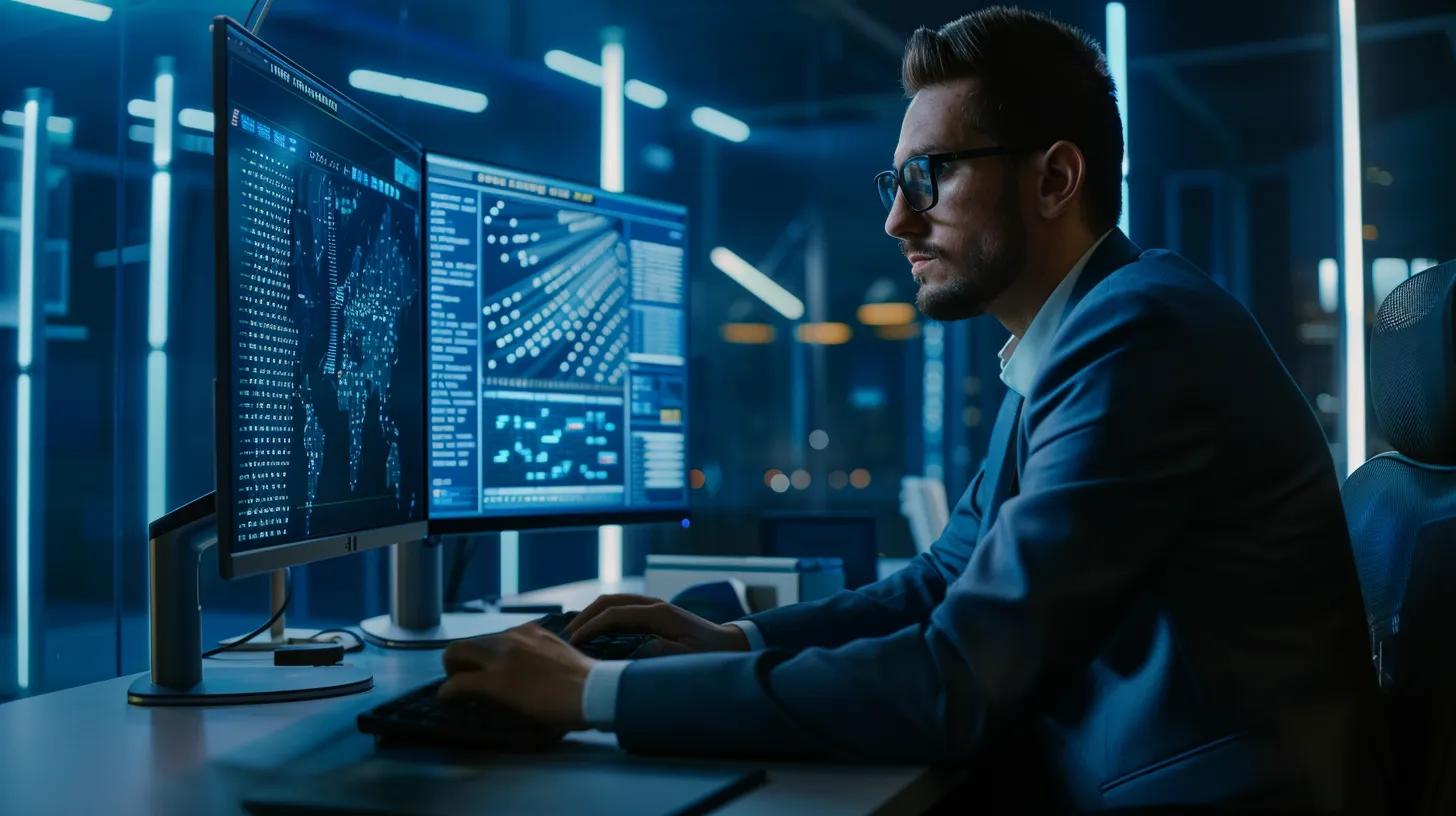
Private investigators treat client confidentiality as fundamental. From the outset, identities are masked in all internal documents and digital records. Physical files and electronic data are labeled with unique codes rather than names. Access to case materials is limited to essential personnel, each of whom signs nondisclosure agreements. When investigators collect personal information—such as phone logs or financial statements—they ensure that only relevant details are extracted, and extraneous data is neither recorded nor retained. This approach protects clients from unintended exposure and upholds ethical standards throughout the inquiry.
How Is Sensitive Data Secured and Stored?
All digital evidence is transferred over encrypted channels and stored in secure, access-controlled servers. Investigators employ industry-standard encryption for hard drives and cloud storage, using multi-factor authentication to prevent unauthorized entry. Physical media—such as memory cards or printed images—are kept in locked safes when not in active use. Audit logs record every access, change or download, creating a transparent chain of custody. Regular backups, stored offsite under the same security protocols, guard against data loss while maintaining confidentiality.
What Protocols Ensure Discreet Field Operations?
Fieldwork is planned to minimize visibility. Investigators select unmarked vehicles and civilian attire that blends with local surroundings. Surveillance shifts are scheduled to avoid predictable patterns, reducing the risk of detection. Team members communicate using secure, short-range radios or encrypted messaging apps rather than unprotected cell calls. Before the installation of cameras or tracking devices, property boundaries are confirmed to avoid trespassing. By following local regulations and maintaining a low profile, investigators protect both the integrity of the operation and the privacy of all individuals involved.
How Do Investigators Communicate Securely With Clients?
Client updates occur through dedicated, password-protected portals or encrypted email services. Investigators avoid discussing sensitive details over unsecured phone lines or public messaging apps. Scheduled video-call briefings use end-to-end encryption, and summaries sent afterward strip any metadata that could reveal locations or timestamps. If documents must be delivered in person, they arrive in sealed envelopes marked “Confidential” without identifying information on the exterior. This disciplined communication strategy ensures that case progress remains private and that all shared information arrives intact and untampered.
What Is the Step-by-Step Process of Infidelity Investigations?
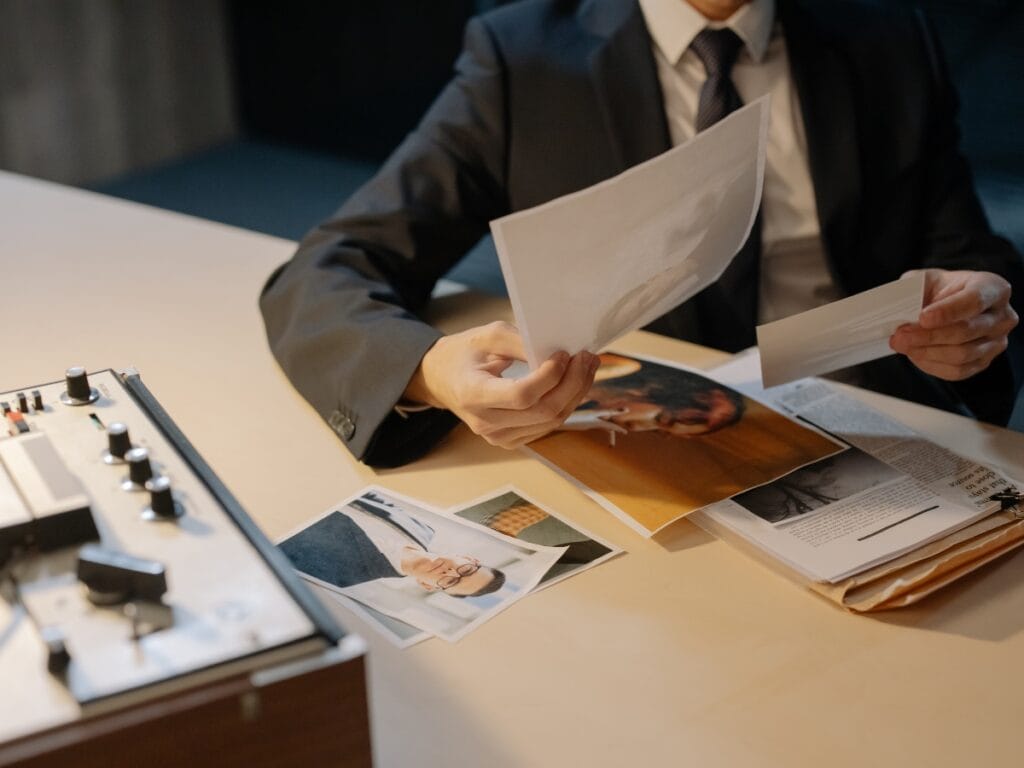
Infidelity investigations follow a systematic, thorough process managed by experienced professionals. From the initial consultation to active surveillance and final reporting, every step is designed to uncover the truth and provide legally defensible evidence.
Initial Consultation
During the initial consultation, the investigator discusses the client’s concerns, symptoms, and any preliminary evidence. A detailed questionnaire helps assess past incidents, behavioral changes, and any financial irregularities. This information shapes the strategy by determining the need for surveillance, specific behaviors to monitor, and whether digital forensics will be involved.
Active Surveillance Phase
Once the strategy is set, active surveillance begins. This phase employs techniques such as stakeouts, drone monitoring, or electronic tracking to document evidence. Investigators record photographic, video, and audio data while ensuring compliance with legal requirements. Digital evidence is also collected by monitoring social media and cellphone usage, contributing to a continuous stream of verifiable proof.
Findings Are Compiled Into a Final Report
Investigators compile all collected evidence—photographs, videos, digital logs, and witness statements—into a coherent, legally defensible report. Detailed annotations and a clear timeline are provided, along with chain-of-custody documentation, ensuring that the report can be confidently presented in court.
Follow-Up Support
Following an investigation, clients receive follow-up support including consultations with legal experts. Detailed debriefings help clients understand the evidence and its potential legal impact on divorce or child custody cases. Additional assistance may be offered for courtroom procedures, filing appeals, or conducting further investigations if new suspicions arise.
Frequently Asked Questions
Q: How do private investigators maintain confidentiality during an investigation? A: Investigators use encrypted communication channels, secure data storage, and strict protocols to protect client privacy. Evidence is anonymized and shared only with authorized professionals.
Q: What kind of digital evidence can be collected during an infidelity investigation? A: Digital evidence may include emails, text messages, social media activity, location data, and call logs. Advanced forensics tools help verify the authenticity of this evidence.
Q: Are the surveillance methods used legally admissible in court? A: Yes, provided that surveillance is conducted within legal guidelines and proper chain-of-custody procedures are followed. This ensures that evidence is admissible in divorce and child custody cases.
Q: How long does an infidelity investigation typically last? A: The duration depends on the case’s complexity, generally ranging from several days to several weeks based on the amount of evidence needed.
Q: What cost factors should I consider when hiring a private investigator? A: Costs depend on the duration of the investigation, required equipment, location, and any additional services like digital forensics or background checks. Always request a detailed, itemized estimate.
Q: Can infidelity evidence gathered by a private investigator influence divorce outcomes? A: Yes, verified evidence of infidelity can significantly impact divorce settlements, custody arrangements, and alimony decisions by influencing asset division and parenting responsibilities.
Q: What qualifications should I look for in a private investigator handling infidelity cases? A: Look for licensed professionals with extensive experience, a proven track record of collecting legally admissible evidence, and strong client testimonials to ensure you choose a reputable investigator.
Final Thoughts
When suspicions of infidelity arise, having concrete evidence from infidelity investigations is crucial for making informed decisions about your relationship. At 4Horsemen Investigation & Security, our licensed private investigators use discreet, legal surveillance methods to uncover the truth with professionalism and compassion. If you need clarity in your personal situation, call us today at 404-680-0860 or visit our website to schedule your confidential consultation. Let our experts provide the answers—and peace of mind—you deserve.




